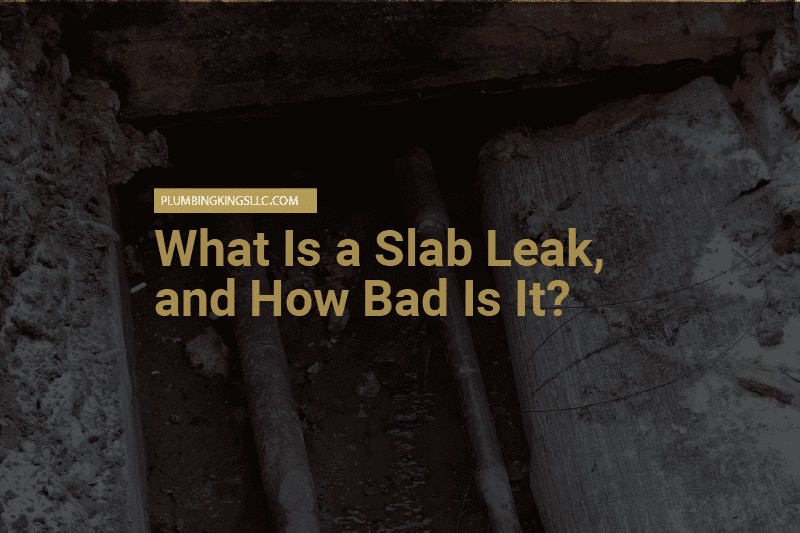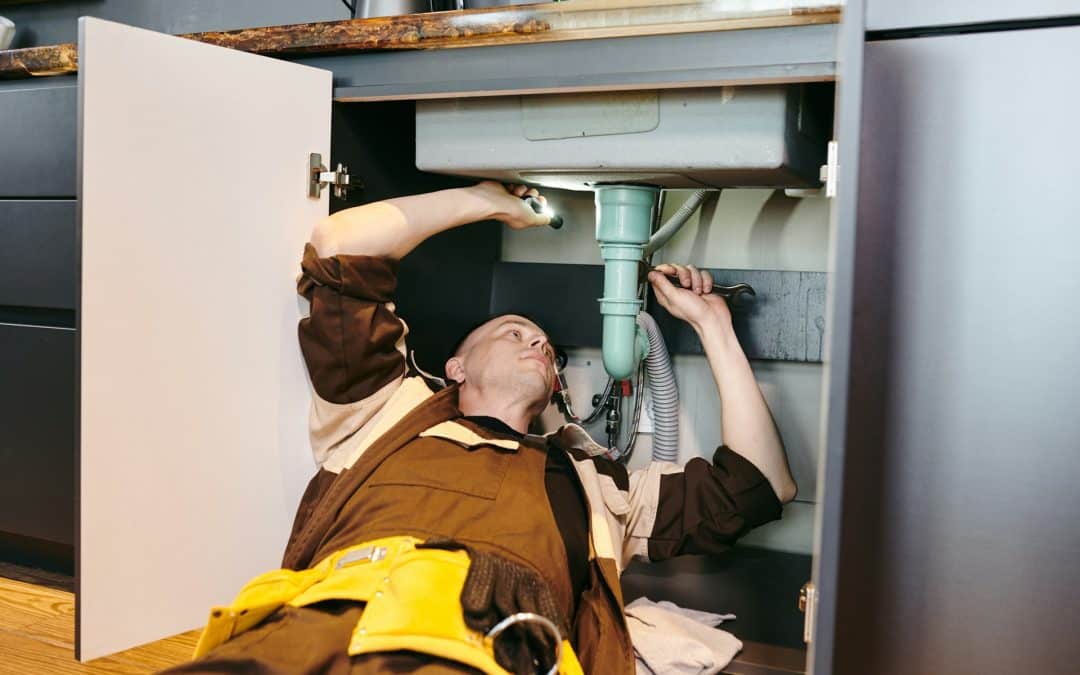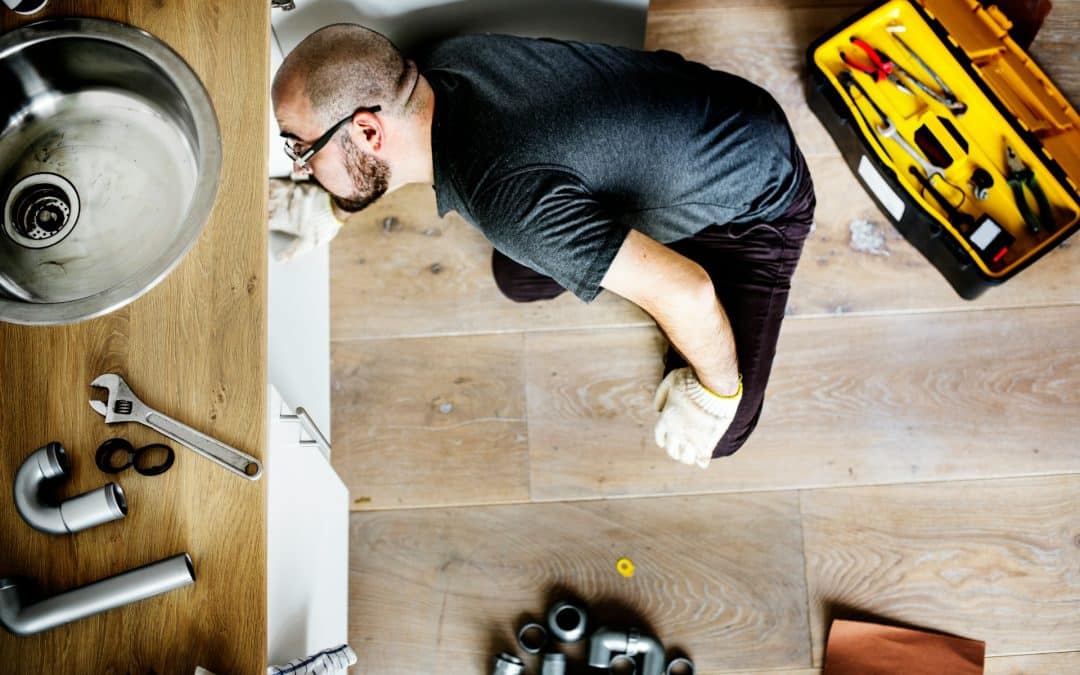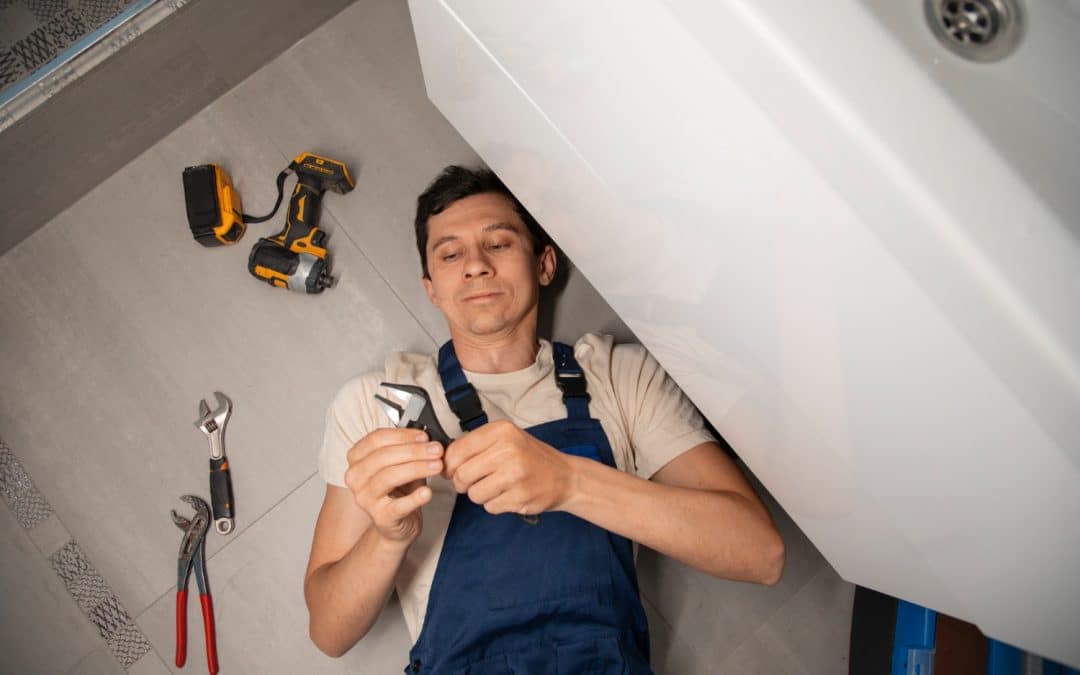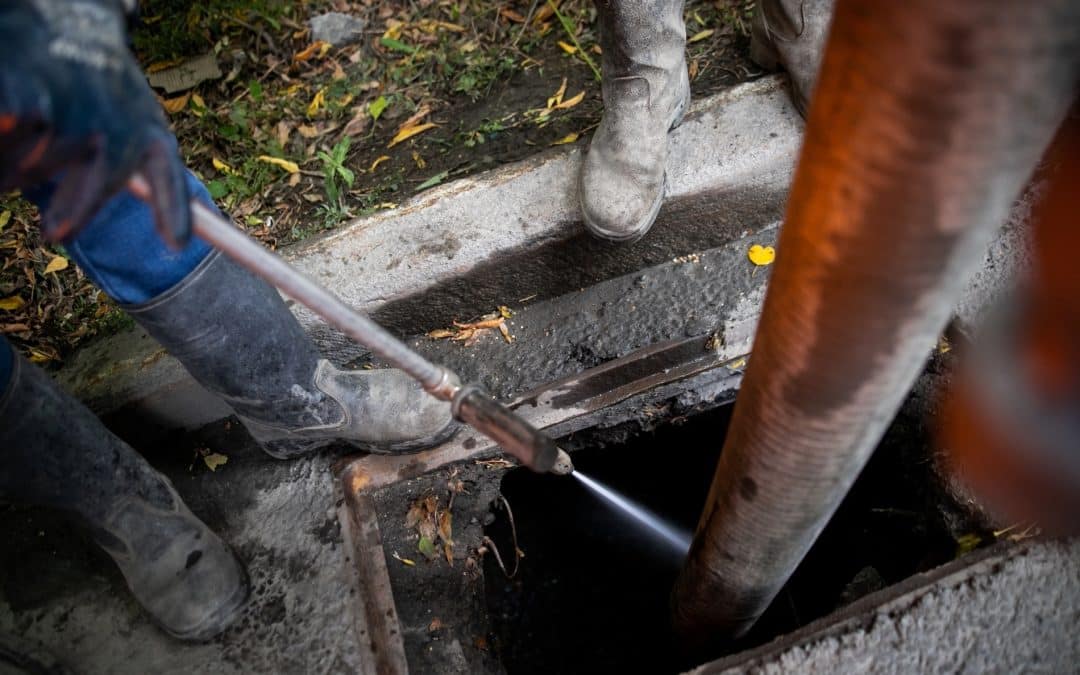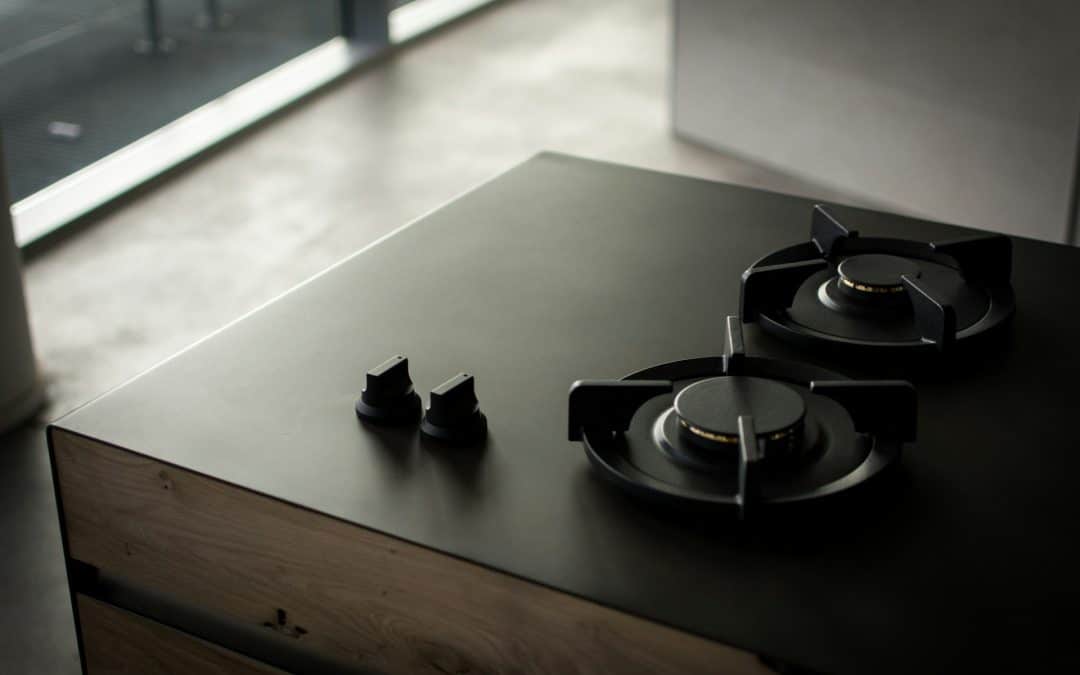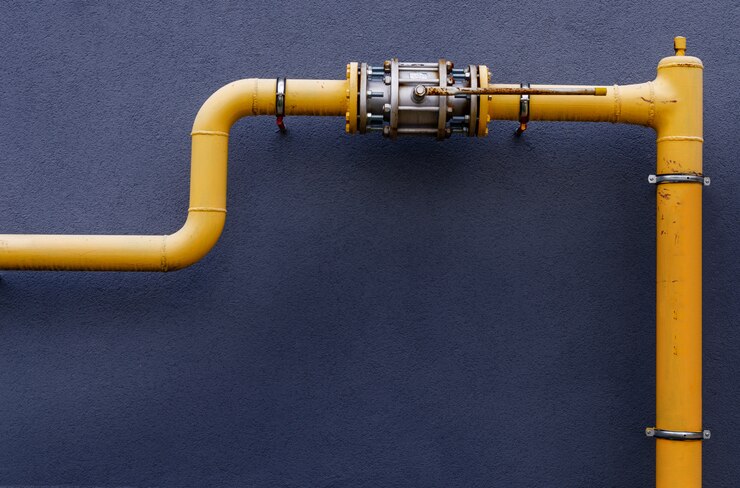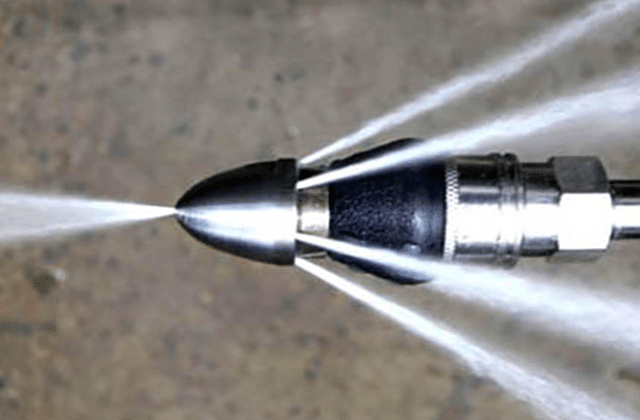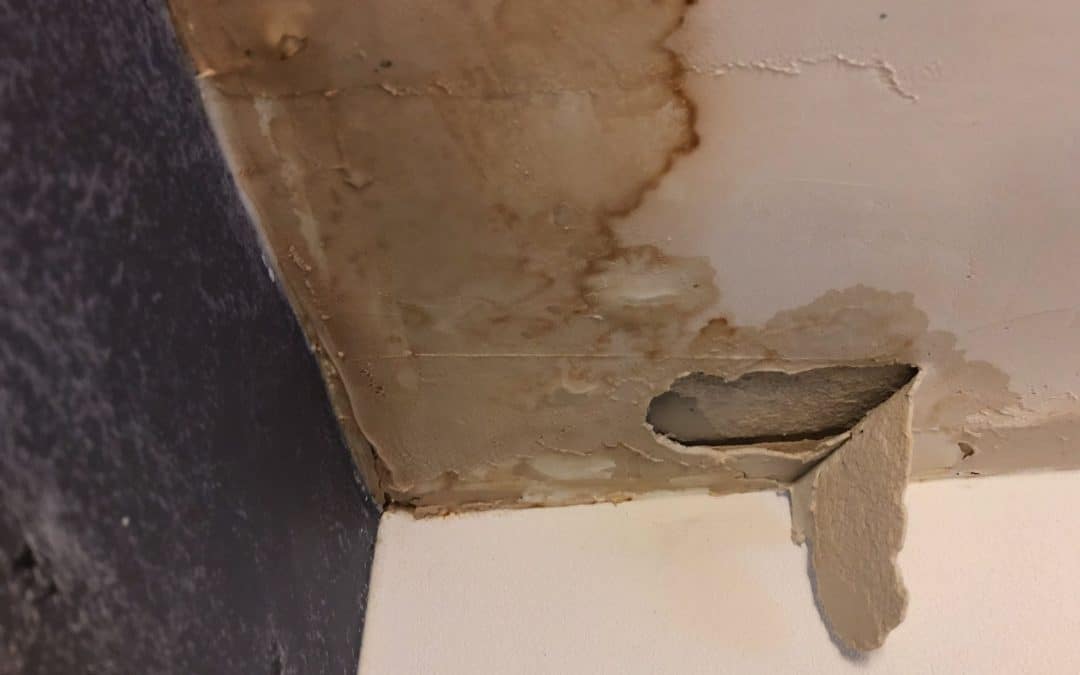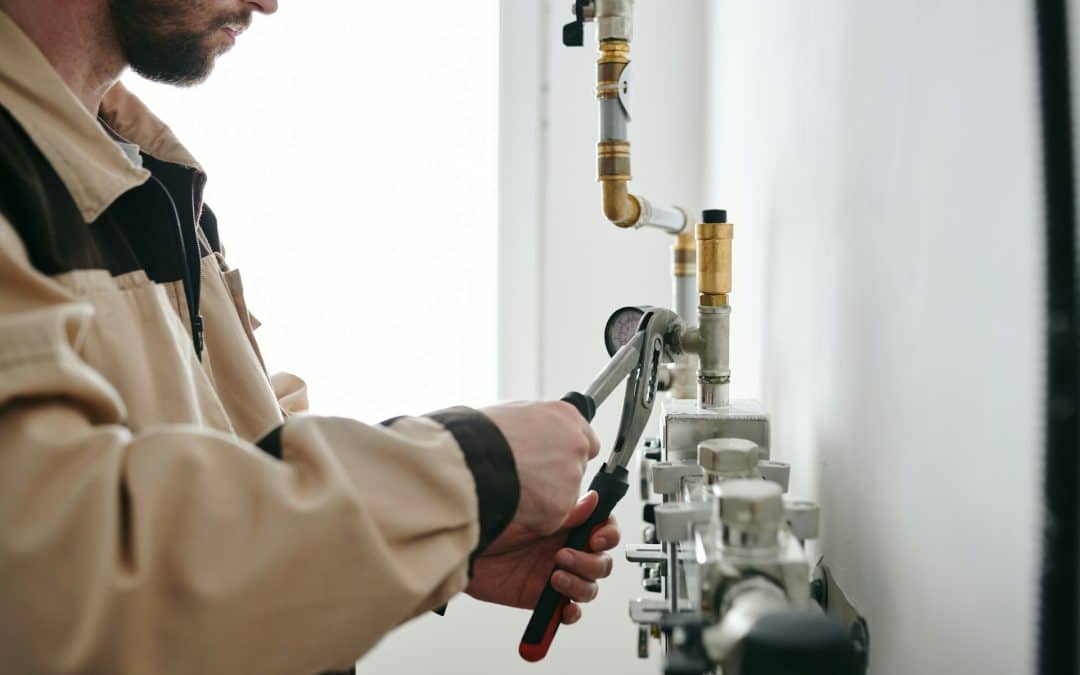Sometimes being a homeowner throws you a few curve balls, especially with your plumbing system. You think your plumbing is fine, but you’ve recently noticed an uptick in your usually low water bill. You can’t find any leaks under the sink or in the walls. So where is this leak exactly? Well, if your home, like many homes in Las Vegas, sits on a concrete slab for a foundation, you may have something called a slab leak. Diagnosing and fixing slab leaks is a relatively simple process that can be completed by a competent plumber.
What Is a Slab Leak?
In very simple terms, a slab leak is a leak in the copper pipes that run underneath your concrete slab foundation. This leak can be just a few trickles, or it can be a major crack in your piping. This is a leak that you definitely need diagnosed and fixed as soon as possible. If you leave a slab leak flowing for too long, you will have more problems than just a large water bill.
Causes of Slab Leaks
It can possibly be caused by the natural shifting of the ground beneath your home. It can also be caused by a number of other reasons.
- The foundation was built incorrectly. If you have a newer home and are still experiencing a slab leak, you might want to have a plumber and a home inspector see if perhaps your home was built with an improperly laid foundation.
- Movement of the earth. In some places, earthquakes can cause slab leaks. But even in places where you can’t feel earthquakes, soil erosion and underground waterways can shift things around putting pressure on your pipes.
- Water corrosion. Having either extremely hard or soft water can cause the corrosion of pipes. This leads to pinhole leaks that, over time, can lead to major slab leaks.
- Friction. Sometimes pipes rub against your concrete foundation causing the likelihood of leaks. Hot water pipes expand and shrink due to the heat of the water running through them. This could cause even more friction between a hot water pipe and your home’s concrete foundation slab.
- Your home is old. Older homes with slab leaks tend to have a combination of most of these reasons for slab leaks. This is just because having older pipes can lead to all of these causes of slab leaks.
How Common Are Slab Leaks?
Slab leaks are very common in areas where homes are older and built on concrete foundation slabs. Basically, slab leaks are extremely common throughout the United States. Well-trained plumbers are able to detect and diagnose slab leaks easily.
Slab Leak Warning Signs
How can you be sure you have a slab leak? These are the telltale signs:
- Wet flooring or carpets
- Mold underneath carpets
- A higher-than-typical water bill
- The sound of running water, even when all faucets are off
- Low water pressure
- Any unusually hot spots on your floor that you never noticed before
How Bad Is a Slab Leak?
You might be wondering if you can just ignore a slab leak, especially a minor one. Well, ultimately you need to address a slab leak as soon as you suspect you might have one in your home. Even if your water bill isn’t very high initially, you will have a ton of new problems to fix if you don’t find a plumber to help you with your slab leak. Slab leaks often lead to mold problems that can have serious health implications for those who live in the home. A particularly bad slab leak can also cause your home’s foundation to collapse.
Slab Leak Repair Costs
Depending on how extensive the pipe damage is and whether you need all-new piping, there is a range of prices for slab leak repairs. The national average for slab leak repairs is about $2000. The cost for slab leak detection ranges from $150 to $400. However, these prices are much cheaper than dealing with a collapsing concrete foundation on your home.
Slab leak repair can be done in several different ways depending on your needs. The first step is finding a trustworthy plumber to come to your home and detect whether or not you have a slab leak issue. Then the plumber will be able to advise you about the best way to fix your slab leak issues. Detecting and repairing a slab leak quickly is the utmost priority so you don’t risk further damage to your property.

